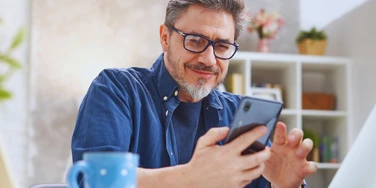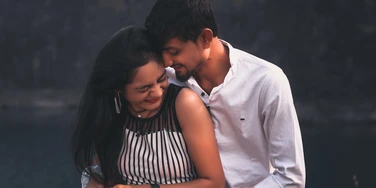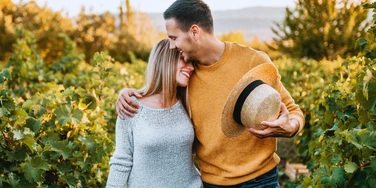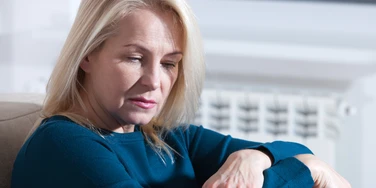Love doesn’t hurt. If it does, it’s because you have given your heart to the wrong person. — Charles J. Orlando
I’ve shared my story of surviving abuse at the hands of a clinically diagnosed narcissist for many years now. And the question I get asked the most is, “Weren’t there signs he was abusive?”
To which I answer with my Ph.D. in Hindsight: Oh heck yeah — boatloads of them.
I just couldn’t see the signs — or rather, what I thought the signs of abuse looked like.
I thought abuse came with bruises and black eyes. Abuse, as I knew it, was experienced by other women like Farrah Fawcett in The Burning Bed or Julia Roberts in Sleeping with the Enemy. You know, by actresses. In movies.
Even when I heard the term “domestic violence,” it was usually associated with a news story where a man killed his wife or girlfriend, maybe his kids, and took himself out as well. It was violent. And an “other people” problem, which I didn’t need to concern myself with.
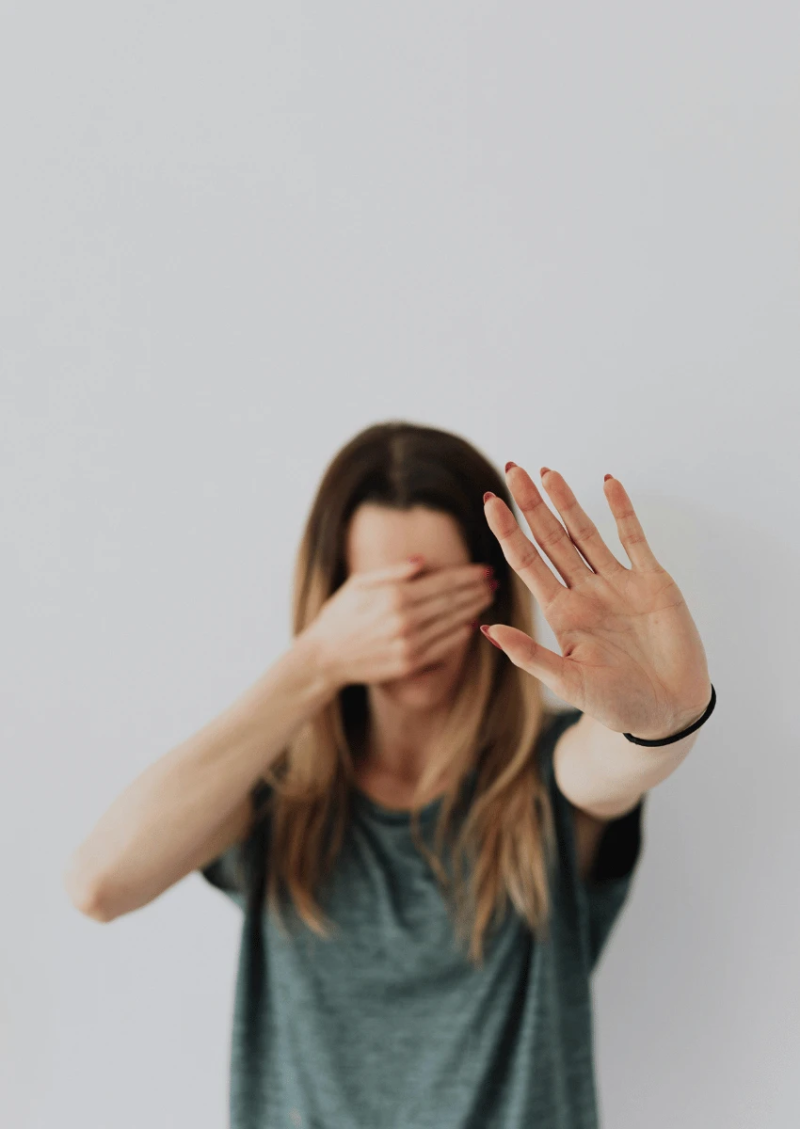 Photo By: Kaboompics.com | Pexels
Photo By: Kaboompics.com | Pexels
Anyway, by the time Congress made domestic violence a federal crime, I was 26 years old, and my beliefs from childhood were already well ingrained.
I had learned from a young age how husbands and wives behaved from what my parents modeled. Like any child, I assumed what happened in my home happened in everyone’s. Thus, it was normal. And normalized.
When my father raged and lied and threw tantrums and demanded his needs be met, or else, nobody called it abuse because none of us were physically harmed (he scared us, but wasn’t everybody’s father scary?).
As my mother’s only daughter, I took mental notes I didn’t know at the time I was taking. I watched her disappear into the shadows of my father’s moods without making a sound, into the silence of submission.
It made sense, then, for me to carry this maternal tradition and seek relationships that mirrored my parents since it was all I knew.
So I took my place in the passenger seat while the men I loved drove the car. As long as they didn’t crash or harm me physically, I considered myself lucky to be along for the ride. No matter how rocky, scary, or emotionally painful that ride became.
After all, it wasn’t like I was being hit, which was the only standard I set for myself. This distorted vision of love warped the truth and fed off my lack of self-worth.
I couldn’t tell right from wrong, nor how my desire to be loved in the absence of my father’s love superseded my ability to see men as they were instead of how I wanted them to be.
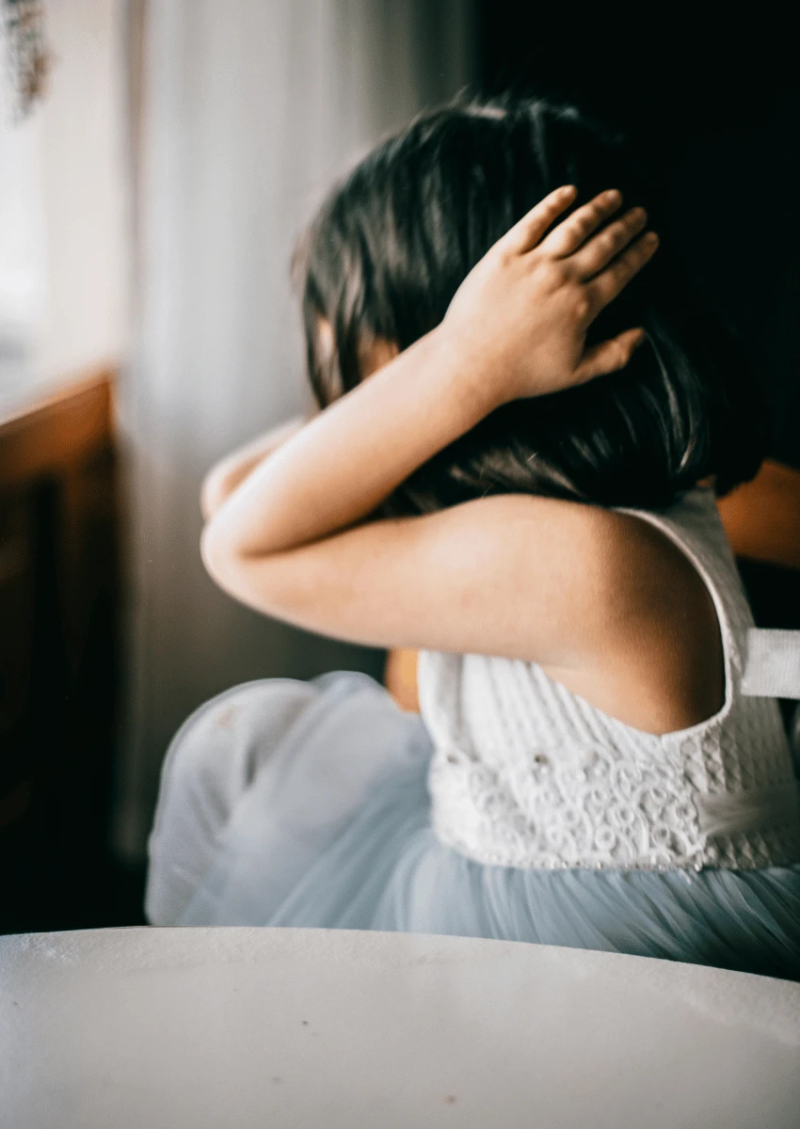 Meruyert Gonullu | Pexels
Meruyert Gonullu | Pexels
Because of this, I lived on a blurred line between love and abuse in marriage, unable to distinguish the difference.
- When I was admonished for wearing form-fitting clothes because of other men’s lustful gaze, I thought it was because he loved me so much he couldn’t stand another man looking my way
- When he controlled every move I made and every penny I spent, I thought it was because he cared about me and wanted to provide
- When he interrogated me after I returned from a dinner out with my friends or a trip to visit my mom, I thought his jealousy was spurred by love
- When he critiqued my physical appearance, I thought he was trying to help me be a better version of myself
- When he became rough and touched me in ways that hurt, I assumed his passion got the better of him
- When he got angry and told me he could kill me, he loved me so much; I believed that he did love me that much
- And when he said the same during intimacy while placing his hands around my neck and squeezing, I believed him even more
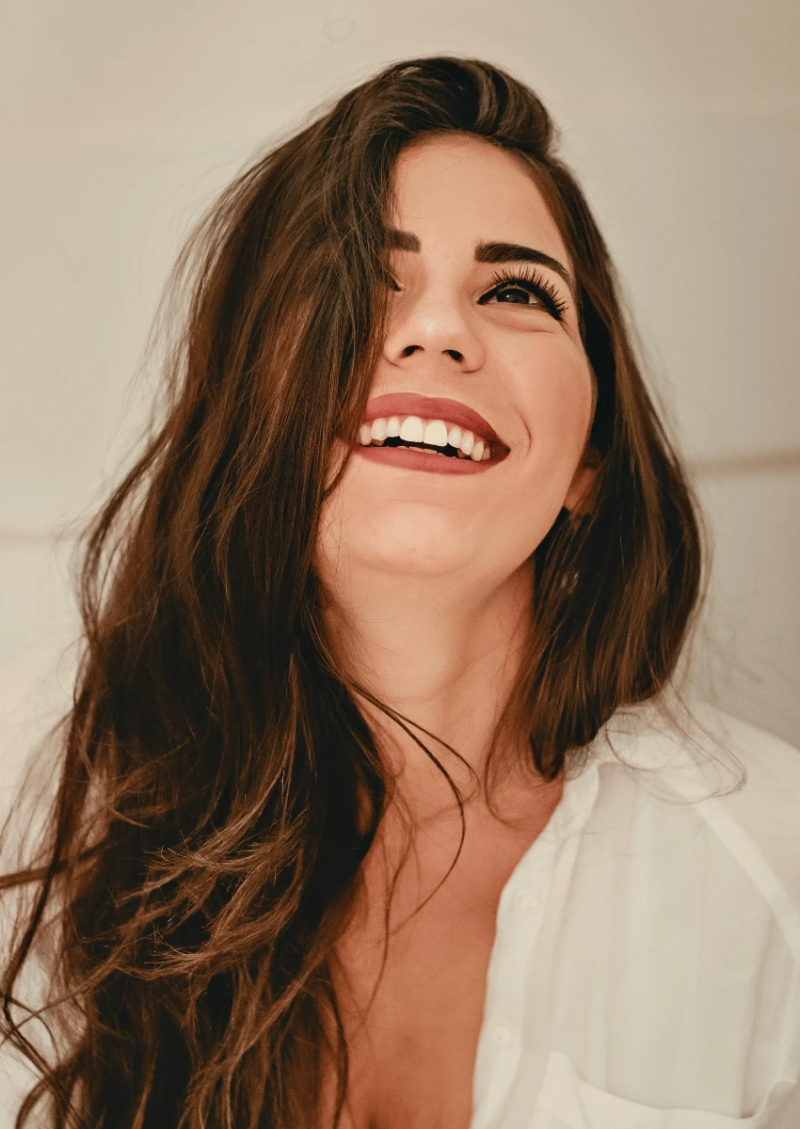 Thaís Sarmento | Pexels
Thaís Sarmento | Pexels
I’ll admit that when I first escaped an abusive marriage and began the long road of healing, I beat myself up often — for staying, for putting up with it, for not seeing what was right in front of me.
But I don’t do that anymore. I don’t hold it against the woman I used to be since she didn’t know what non-physical abuse looked like. So I just hold her. She’s been through enough.
And her intentions were in the right place. She wanted to love and be loved. Today, I’m able to do both now that I’ve learned what was never taught to me growing up.
That abuse doesn’t have to be physical to be abuse. And it doesn’t coexist with love. In a relationship, it’s either one or the other. Which makes it easy for me to spot the difference.
Suzanna Quintana is the founder of the Online Sanctuary for Healing After Narcissistic Abuse and the author of the Amazon bestselling book, You're Still That Girl: Get Over Your Abusive Ex for GoodThis article was originally published at Medium. Reprinted with permission from the author.
